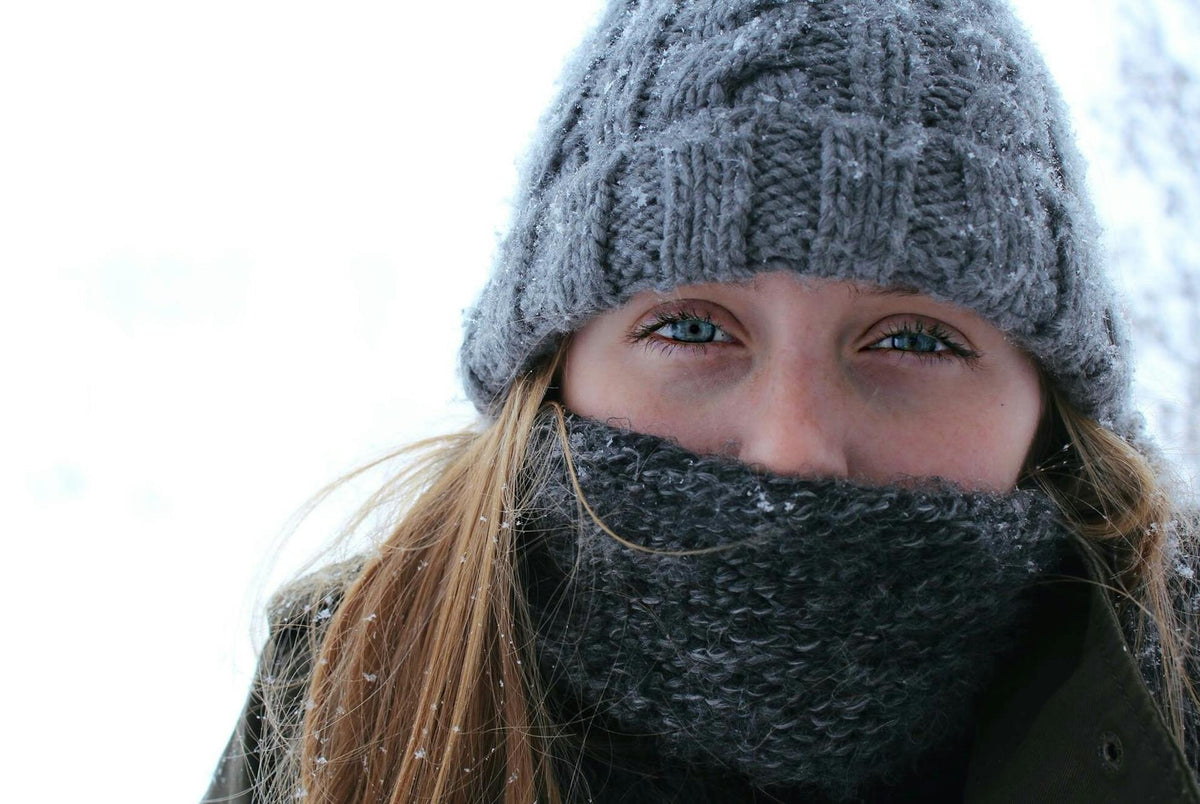Autumn conjures up some cozy imagery when we think of it – the leaves turning a beautiful orange-red before falling to the ground, long strolls through the park beneath a sunny sky, and the first touch of chill in the air (depending on where you live, of course).
With the change of seasons comes the necessity of swapping some elements of your skincare regime, and if you haven’t considered adding retinol to the mix – you should.
Retinol is a proven solution for combating fine lines, wrinkles, and blemishes while promoting healthier skin overall. Despite this, some persistent myths concerning retinol continue to cling to relevance in discussions surrounding skincare. Here are some that are definitely worth debunking.
Retinol Is Linked To Sun Damage
This myth is commonplace, but isn’t the whole truth.
“This is one of the biggest myths out there," Dana Sachs, M.D., an associate professor of dermatology at the University of Michigan Medical School, told Allure.
"This misconception came about because in some early studies, people described putting on a retinoid, walking into the sun, and immediately burning. But that redness is likely related to heat exposure. Clinical studies have shown pretty definitively that retinoids do not lower the MED – or minimal erythemal dos – of human skin, which is the amount of UV light you can take before the skin burns," Sachs continued.
Despite the temperature dropping in the autumn, sunny skies often still prevail. Be sure to apply a quality sunscreen (Sentè's Invisible Shield Full Physical SPF 52 Tinted Sunscreen covers all the bases), but there’s no need to avoid the great outdoors during this season.

Retinol Is Damaging For Dry Skin
Another non-truth is that retinol can actually damage dry skin, exacerbating the problem.
"You are essentially re-training your skin cells to turnover at a much faster rate," dermatologist Marnie Nussbaum explained to Byrdie.
She added that “retinol boosts collagen synthesis, increases elasticity, and repairs connective tissue, which is all beneficial for dry skin. However, when you first start using retinol or a prescription retinoid, you will likely experience a time of dry and peeling skin, which is called retinization,” according to the outlet.
If you do experience dryness while using retinol products, Sentè's Dermal Repair Cream could be the answer. In addition to using a moisturizing solution, make sure to minimize your use of harsh soaps, and be gentle with your skin (pat or blot dry) whenever possible. Using fragrance-free laundry detergents and avoiding fabric softener may help as well, according to Harvard Medical School.
Retinol Shouldn’t Be Applied Near the Eyes
Given that this is often a problem area where wrinkles, fine lines, and crows feet are concerned, many people would love to apply retinol near the eyes – but don’t, out of an abundance of caution (and bad information).
Dermatologist Adam Friedman, M.D., and professor at the George Washington University School of Medicine and Health Sciences told Byrdie “you ‘absolutely can’ apply retinol under and around the eye.”
He also warned those considering doing so to be “mindful of applying retinol in this area, ‘as the skin is thin here; its ability to absorb and do its thing is greater and therefore the potential for irritation is slightly greater.’”
Friedman added that’s it’s important to "take the proper precautions – moisturizer to damp skin and use sun protection,” when doing so.
Fall Skincare: What Do You Need To Know?
There are a few things to keep in mind with the coming of autumn, with dry skin being the culprit of most seasonal problems in the coming months, according to CNN.
“Hot showers, cold winds and blazing furnaces are the culprits behind dehydrated skin,” dermatological nurse Natalie Aguilar told the news agency. “In the fall, humidity levels tend to drop, and the winds become cool and crisp, which may lead one to experience dry, flaky and sometimes irritated skin.”
With that in mind, investing in a portable humidifier may be an idea in order to ensure that, as you turn the heat up in your home or apartment, your skin retains moisture despite this fact.
Aguilar suggested incorporating hydrating serums and oils into your regular skincare routine – Sentè's Bio Complete Serum and Dermal Repair Ultra-Nourish certainly fit the bill in this regard.
Finally, avoiding too-hot showers (which can actually dry out your skin further, contrary to popular belief) and making sure you are drinking enough water throughout the day can be simple lifestyle changes which could end up doing a world of good.
The views or external links featured on this blog represent the opinions of their respective contributors and may not necessarily reflect the position of Sente. All content is provided for informational/educational purposes and is based on personal experiences, observations, or research. While every effort is made to ensure accuracy, Sente makes no representations or warranties about the completeness, reliability, or accuracy of the information presented. The information and opinions shared on this blog do not constitute medical advice. Readers are encouraged to independently verify information and should consult a qualified healthcare professional for diagnosis and treatment of any medical condition.



